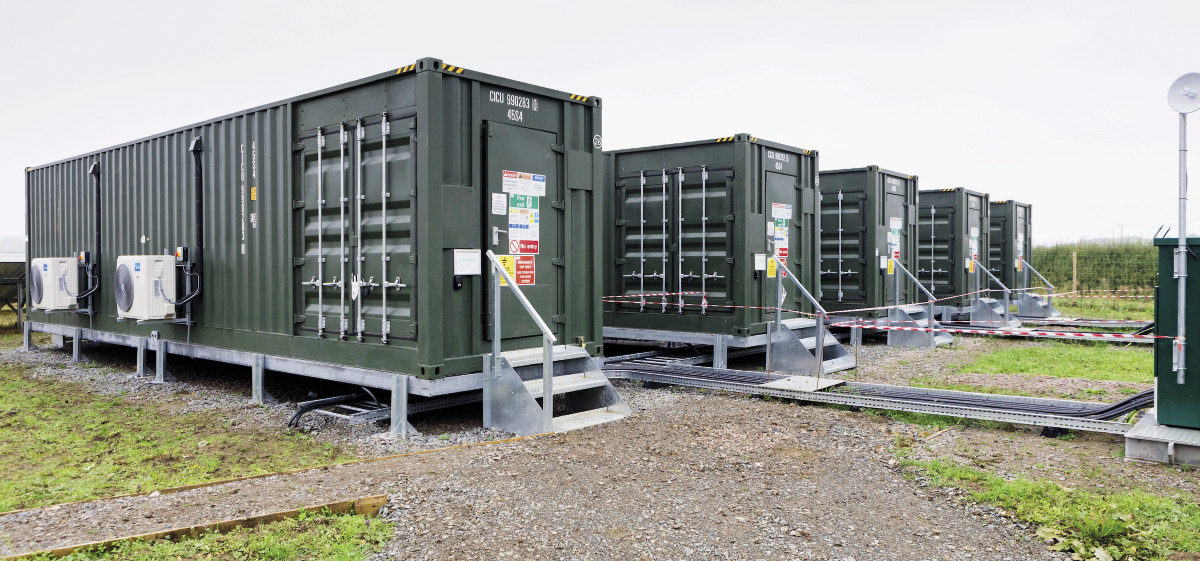Indian EPC and power developer Sterling and Wilson has this week announced the creation of a new business unit called Hybrid and Energy Storage Business, that will seek global opportunities to build power plants supported by energy storage globally.
The EPC already has more than 8 GW of large-scale power capacity installed around the world, in the sectors of solar PV, CHP, diesel generators and gas-based power. The new division will seek to tap all of these power sources for colocation with storage, focusing initially on remote and island locations.
However, underpinning its 1 GW installation target is a commitment to reduce the carbon footprint of identified locations, which will likely mean a focus on solar+storage applications in these regions.
The division’s new CEO, Deepak Thakur, will unveil the new business unit at the forthcoming Intersolar Europe and EES Europe shows in Munich in June. Thakur has previously spearheaded Sterling and Wilson’s solar division in India.
“The global hybrid and energy storage market is estimated to be around $40 billion by 2025,” Thakur said. “We are confident of providing our customers value for money through customized hybrid power plants and energy storage facilities.”
The EPC will focus on C&I installations as well as industrial-scale projects, while offering a diverse sizing range of battery technologies.
Finland’s Wärtsilä has recently taken a similar approach, viewing the solar and storage industries as holistic sectors that can complement, support and coexist with certain fossil fuels and other technologies.
This content is protected by copyright and may not be reused. If you want to cooperate with us and would like to reuse some of our content, please contact: editors@pv-magazine.com.








By submitting this form you agree to pv magazine using your data for the purposes of publishing your comment.
Your personal data will only be disclosed or otherwise transmitted to third parties for the purposes of spam filtering or if this is necessary for technical maintenance of the website. Any other transfer to third parties will not take place unless this is justified on the basis of applicable data protection regulations or if pv magazine is legally obliged to do so.
You may revoke this consent at any time with effect for the future, in which case your personal data will be deleted immediately. Otherwise, your data will be deleted if pv magazine has processed your request or the purpose of data storage is fulfilled.
Further information on data privacy can be found in our Data Protection Policy.